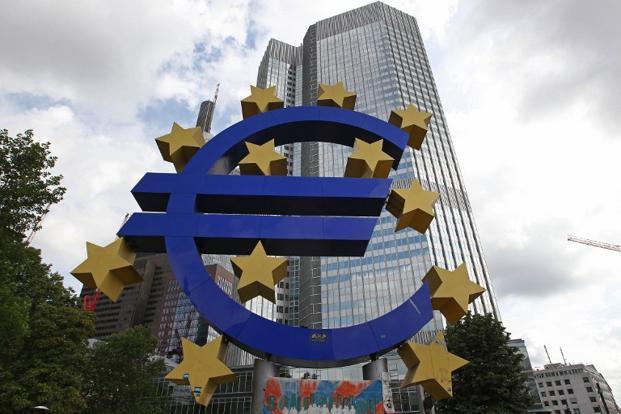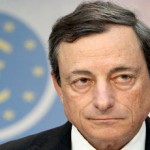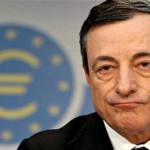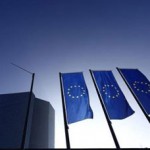Eurozone: Draghi’s new deal
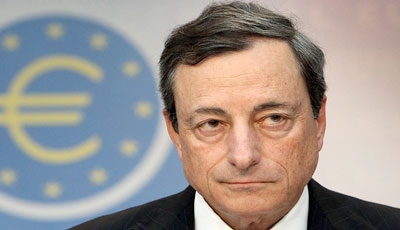
About halfway through the speech, Mario Draghi stumbled. The European Central Bank president had reached a passage in his prepared remarks about the worrisome trend in inflation afflicting much of the continent.
Few central bankers are more aware of the power of their words than the ECB’s urbane president. Another of Mr Draghi’s ad-libs, made two years ago, that the ECB would do “whatever it takes” to save the euro is seen as a masterstroke that halted the downward economic spiral that had gripped the continent.
For the first time, the ECB president proposed what amounts to a fiscal and monetary compact with the currency area’s lawmakers.
For that to change, Mr Draghi signalled that governments in the eurozone’s three largest economies – Germany, France and Italy, none of which grew at all between the first and second quarters of this year – needed to act alongside the eurozone’s monetary guardian.
Though the ECB president did not name names, that suggestion was widely interpreted as a call for Germany, the eurozone’s dominant economic power, to raid its fiscal coffers.
But Ms Merkel’s willingness to raid the fiscal coffers is unclear. Though she left the door open to channelling the budget surplus into investment programmes, she has indicated this could happen only if the economy were strong enough.
The ECB is the only leading central bank to have avoided embarking on quantitative easing. One factor has been German opprobrium over a policy some view as a bailout for the region’s weaker economies. The governing council’s hawks have also used what they view as France and Italy’s fiscal profligacy and resistance to reform as crucial to their argument.
Source: ft









